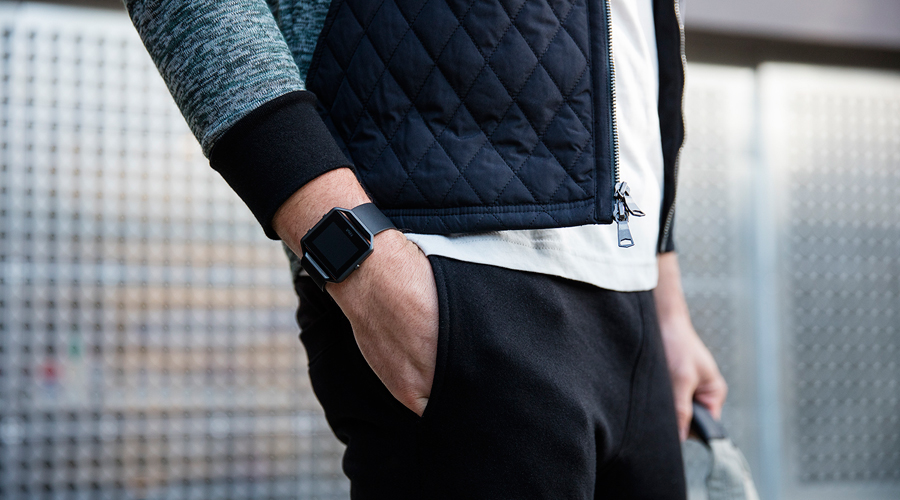Fitbit, the Kleenex of the fitness tracking industry, went after Jawbone last year in a case relating to three patents (portable monitoring, wearable heart-rate monitor and a system where a motion detector monitors physical activity). Those cases were recently dismissed as invalid by U.S. International Trade Commission Judge Thomas Pender.
His ruling, broken by Bloomberg, issued that the patents under debate were not eligible for protection and that the case, the Matter of Certain Wearable Activity Tracking Devices, 337-973, would not be visited during its scheduled August date.
Fitbit was not pleased by the decision and may potentially seek to overturn the rule. However, it has many of us in the industry wondering why the kingpin of fitness trackers, who continues to substantially outperform its competitors, would make such a fuss over Jawbone, when they could have easily gone after any other tracker.
Boiled down, fitness trackers are ultimately really simple devices. Fitbit has played it right, partnering with designers and tapping into the middle America pool of consumers. It may be that with such a stranglehold on the market, the tracking giant has everything to lose, and its filings against Jawbone may exhibit that the company is wary of what’s to come, with more competition flooding the space and Apple and Microsoft riding their tail.
Jawbone could be a strategic target for Fitbit, as the brand, owned by Aliphcom, existed as an electronics company before the fit tracking boom. Prior to trackers, they were innovating Bluetooth wireless headsets. Jawbone also has fairly strong name recognition in the fitness electronics space and a look that initially launched the brand as a style wearable, a direction Fitbit is moving toward in its design evolution.
However, looking at the original Jawbone UP and the newest UP 3, one could correlate design tweaks that mimic a shift to products more Fitbit-looking. Maybe Fitbit doesn’t welcome competition fighting for second place, or it could be the makings of an industry feud, much like Adidas and Skechers.
Only months ago in April 2016, Fitbit won a different patent suit against Jawbone, where the latter sought to block the importation of its rival devices into the U.S. market. The court’s ruling was similar to our analysis, that neither patent is so innovative that it bumps out the other.
Reaching further into the archives of the dispute between the brands, Jawbone sued Fitbit in May of 2015, alleging the company stole talent and trade secrets.
News of the most recent case dismissal comes as Fitbit prepares to announce its second-quarter earnings, scheduled for August 2, 2016.
Photo courtesy Fitbit













